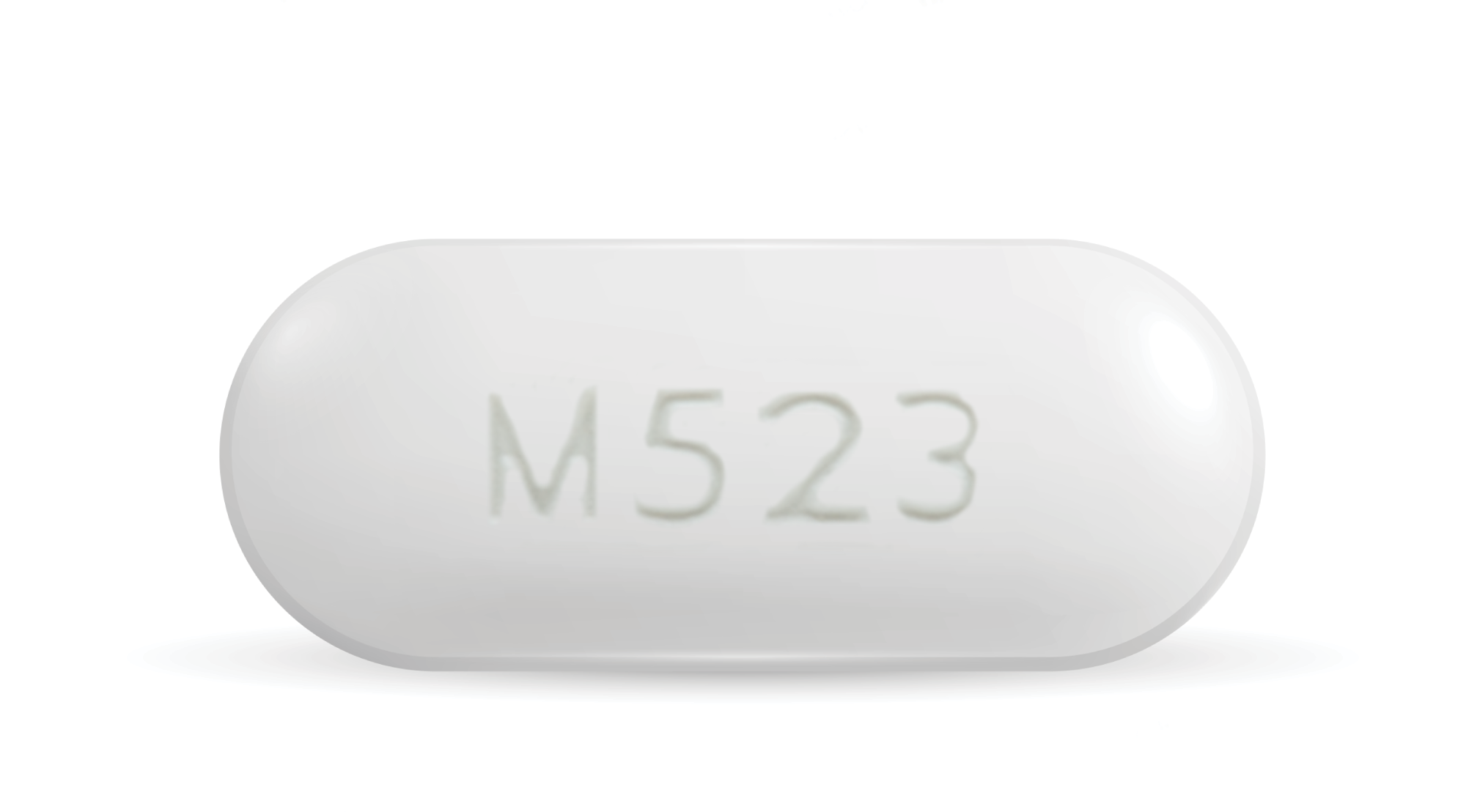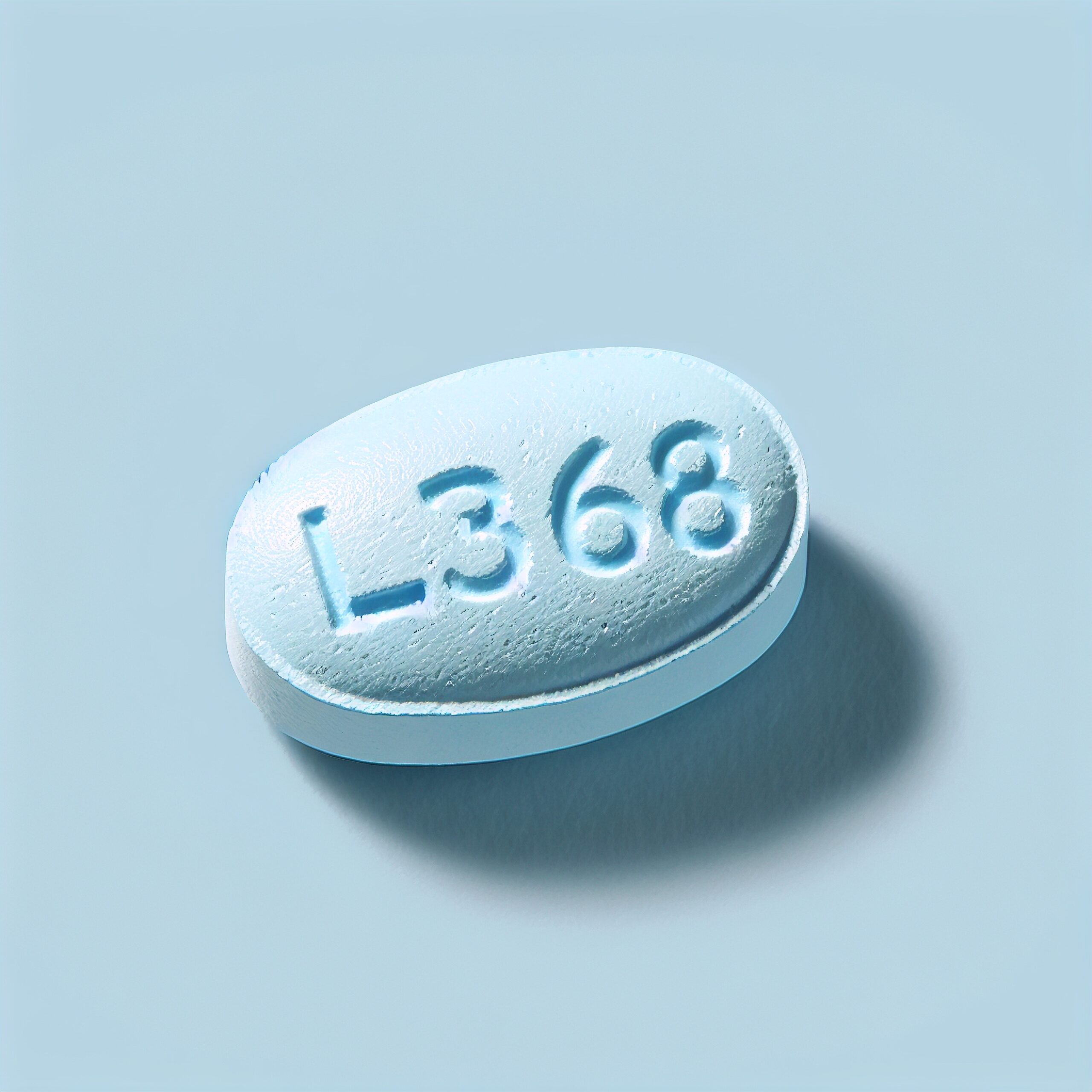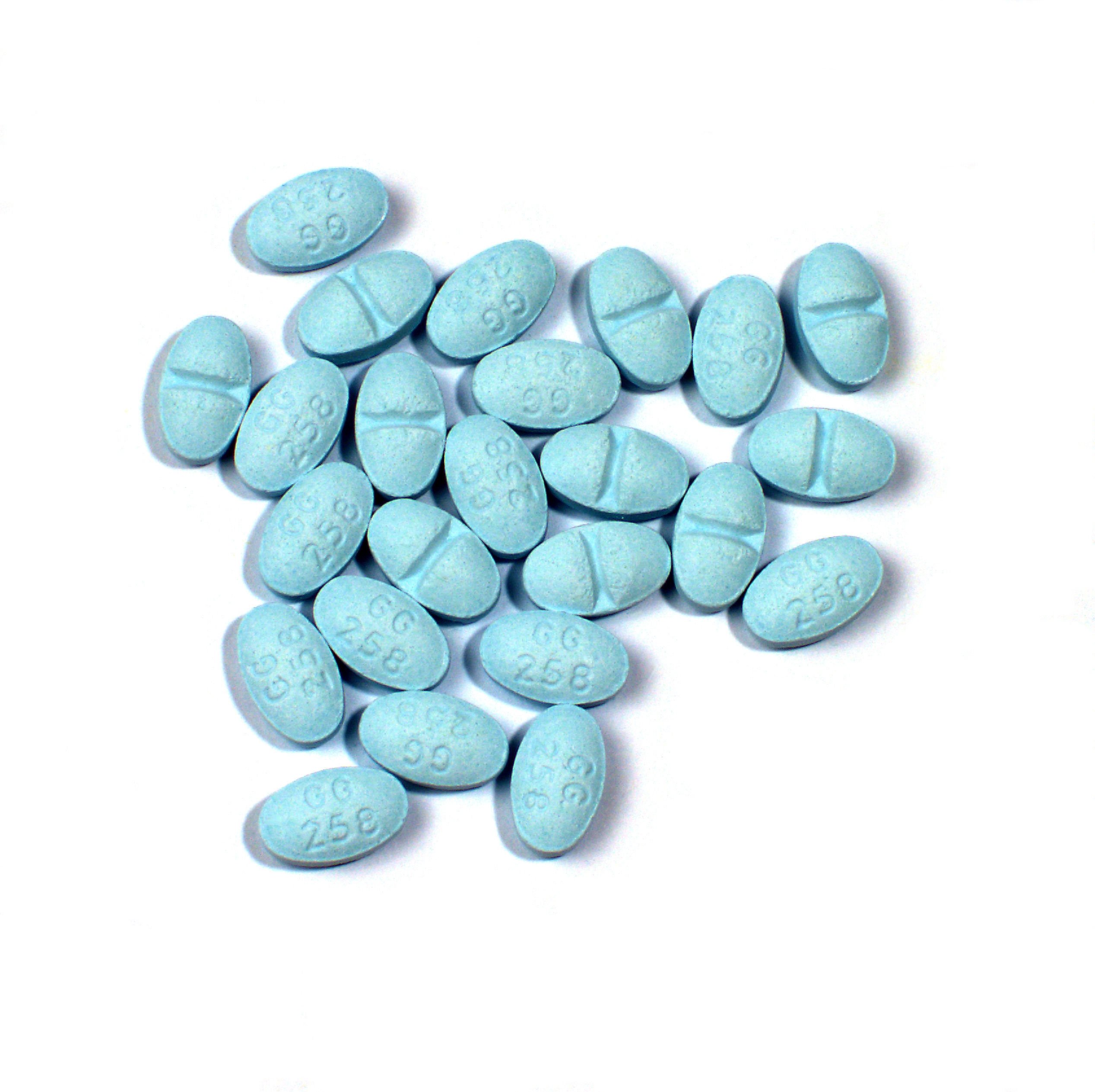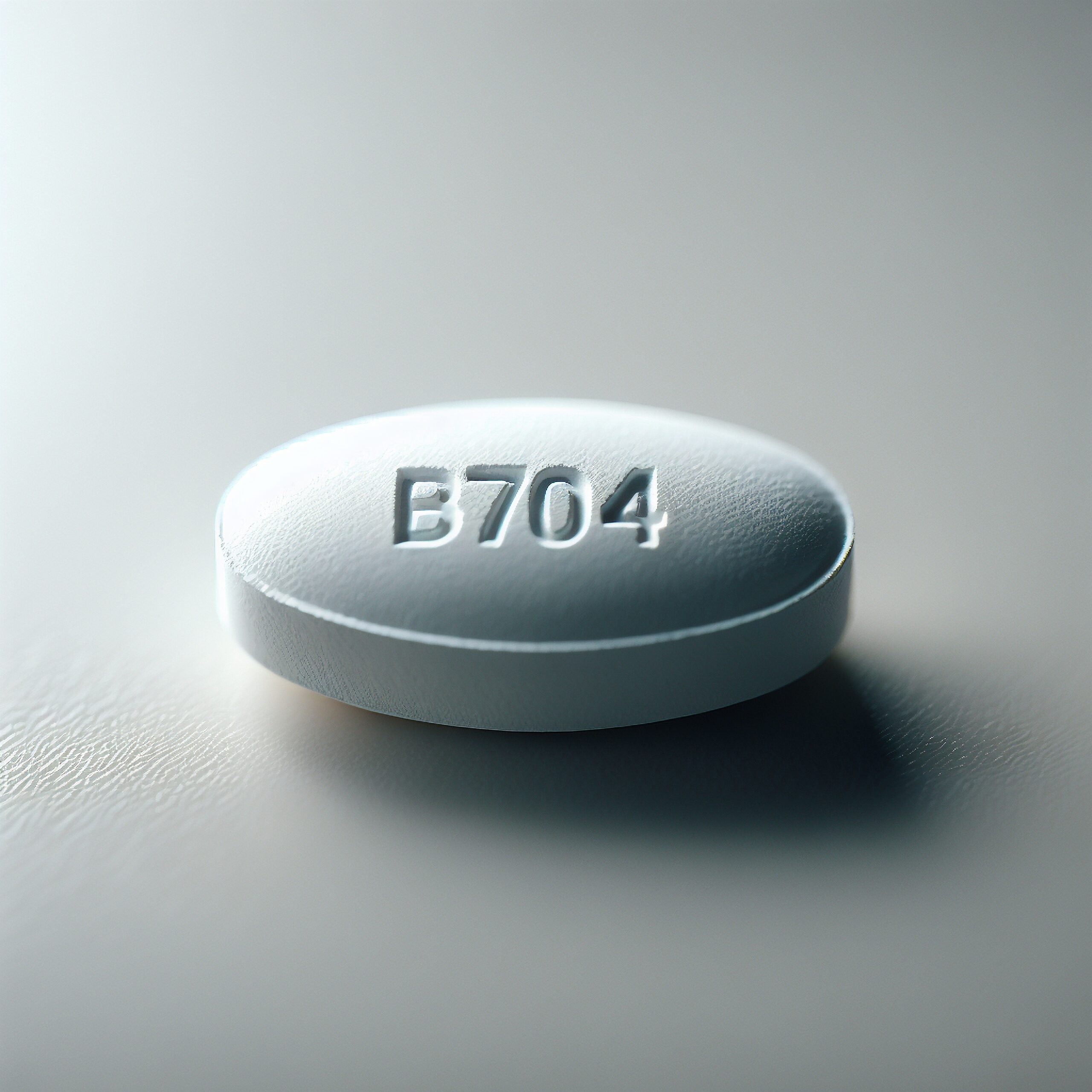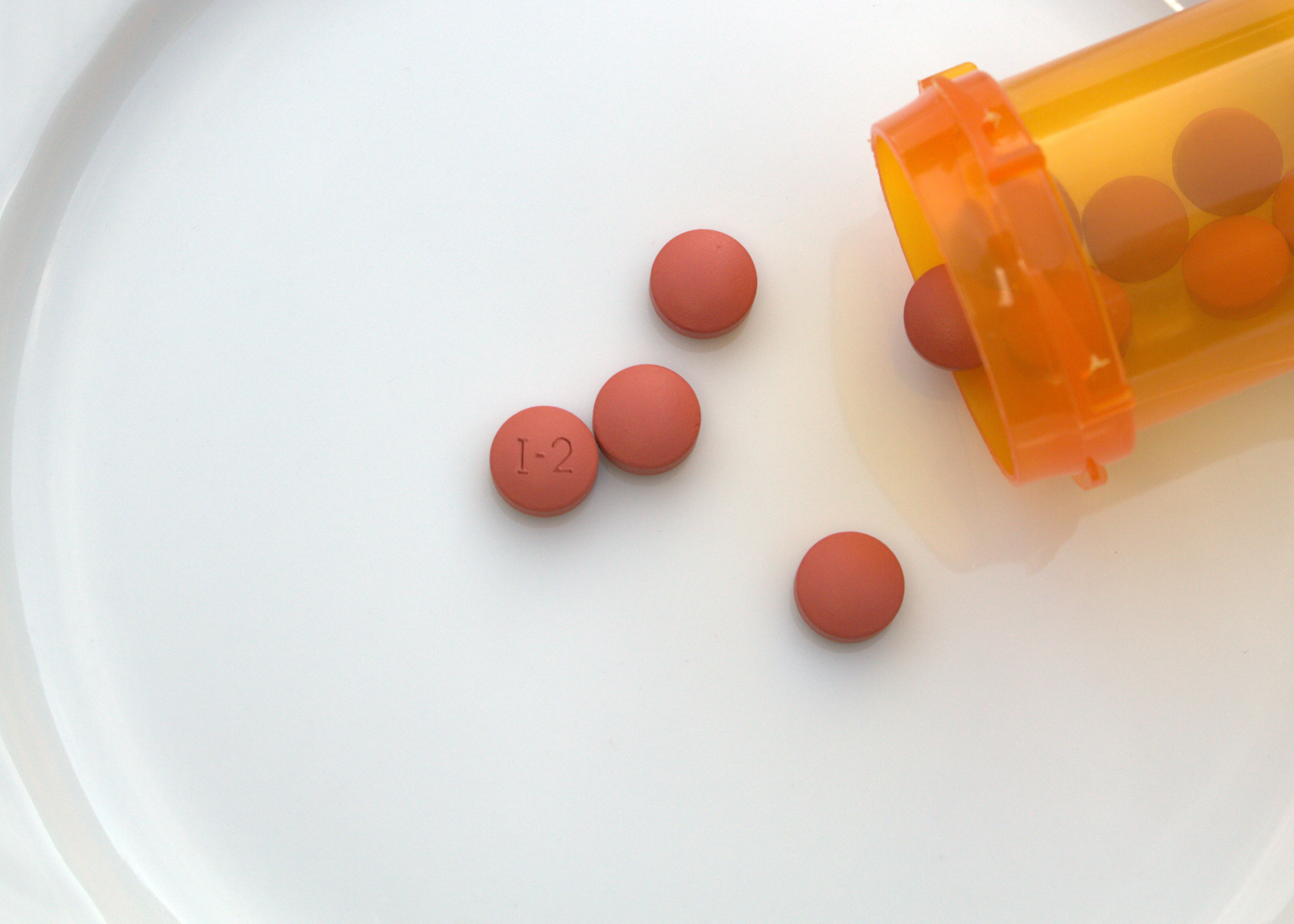Hydrocodone is a powerful opioid analgesic that can offer significant pain relief when used as prescribed by a healthcare provider. That said, the medication may trigger unwanted side effects, even with prescribed use. Hydrocodone also carries a significant risk of misuse, dependence, and addiction. Read on to learn more about the potential dangers of this potent opioid painkiller and discover how to find compassionate and evidence-based treatment.
Effects of Hydrocodone
Hydrocodone is a semi-synthetic opioid that’s available in various oral tablet dosages, often paired with acetaminophen. While it serves as an effective pain reliever under medical supervision, hydrocodone is classified as a Schedule II narcotic due to its high risk for misuse and potential for addiction.
In addition to the therapeutic hydrocodone effects, though, the medication can also cause side effects. Hydrocodone side effects can manifest even with prescribed use.
Common adverse side effects of hydrocodone include:
- Lightheadedness
- Dizziness
- Sedation
- Nausea
- Vomiting

Adverse Effects of Hydrocodone
In addition to the more common side effects, hydrocodone can also lead to less frequent adverse reactions, such as:
- Lethargy
- Mental fog
- Anxiety
- Constipation
- Irregular breathing patterns
- Shortness of breath
While hydrocodone is deemed safe for use under medical guidance, adherence to prescription guidelines can still result in the development of tolerance and physical dependence. Tolerance is the body’s adjustment to the drug, prompting the need for increased doses to deliver the initial effects. Physical dependence is characterized by the body’s adaptation to the continuous presence of hydrocodone, triggering the presentation of withdrawal symptoms if the drug’s use is suddenly decreased or stopped.
Addiction, by contrast, is a chronic condition marked by compulsive substance use despite adverse outcomes. The risk of misuse, potentially leading to overdose and addiction, exists for anyone prescribed opioids.
Long-Term Effects of Hydrocodone
The long-term use of hydrocodone, especially when not taken as prescribed, can provoke a range of significant health issues beyond the risk of addiction. These may include:
- Physical health issues: Chronic use of hydrocodone can result in liver damage, especially when combined with acetaminophen. Other potential risks include decreased respiratory function, chronic constipation, and hormonal imbalances that may affect menstruation and libido.
- Mental health complications: Long-term hydrocodone use is associated with an increased risk of depression and anxiety. People may also experience irritability, dramatic mood swings, and an overall reduction in cognitive functions like memory and decision-making abilities.
- Tolerance and dependence: Over time, people may require higher doses of hydrocodone to achieve the same pain-relieving effects, leading to increased tolerance and dependence on the drug.
- Withdrawal symptoms: Those who become physically dependent on hydrocodone may experience severe withdrawal symptoms upon cessation. Symptoms may include muscle aches, fever, nausea, diarrhea, and intense cravings for opioids.
- Social and behavioral changes: Long-term use may affect a person’s social interactions and responsibilities, leading to strained relationships, job loss, or neglect of commitments.
Regular consultations with healthcare providers ensure the benefits of hydrocodone use are balanced with the management of potential risks.
Hydrocodone Overdose Side Effects
An overdose of hydrocodone can have severe and potentially life-threatening side effects, Hydrocodone overdose effects may include:
- Respiratory depression: A significant reduction in breathing rate, which can become dangerously slow or stop altogether, is one of the most serious risks of hydrocodone overdose.
- Extreme sedation: Overdosing on hydrocodone can lead to extreme sedation, where the person may become unresponsive or lapse into a coma.
- Pinpoint pupils: A condition known as miosis involves the pupils becoming very small, even in dim light, and commonly indicates opioid overdose.
- Cold and clammy skin: The skin may feel cold to the touch and appear unusually pale, indicating circulatory problems.
- Muscle weakness: Some people experience significant weakness and lack of coordination, impairing their ability to move or seek help.
- Dizziness and confusion: Overdosing on opioids can cause disorientation, dizziness, and extreme confusion, affecting cognitive function and awareness.
- Nausea and vomiting: These gastrointestinal symptoms are common and may contribute to the risk of aspiration if the person falls unconscious.
- Low blood pressure: An overdose can lead to hypotension, causing fainting, dizziness, and an increased risk of falling.
Recognizing these side effects early and seeking immediate medical attention can help prevent fatal outcomes. If a hydrocodone overdose is suspected, contact emergency services. Administer naloxone (Narcan) if the overdose reversal agent is available and remain with the person until emergency responders arrive.

Get Treatment for Hydrocodone Addiction at Gratitude Lodge
The U.S. opioid epidemic began with prescription painkiller abuse, and opioid addiction remains a pressing concern today. If you or someone you care about needs help addressing hydrocodone addiction, reach out to Gratitude Lodge. Our inclusive and pet-friendly treatment centers are located in Long Beach and Newport Beach and Long Beach, CA.
During supervised detoxification, you can withdraw from opioids under close medical supervision with the benefit of FDA-approved medications to reduce the intensity of withdrawal symptoms and cravings. After a week or so of hydrocodone detox, you can move directly into an ongoing inpatient treatment program.
Expect to access a personalized blend of treatments like:
- MAT (medication-assisted treatment)
- Psychotherapies
- Motivational therapy
- Group and individual counseling
- Holistic treatments
- Family therapy
- Aftercare and ongoing support
Call 800-994-2184 today and begin your recovery from hydrocodone addiction right away.








